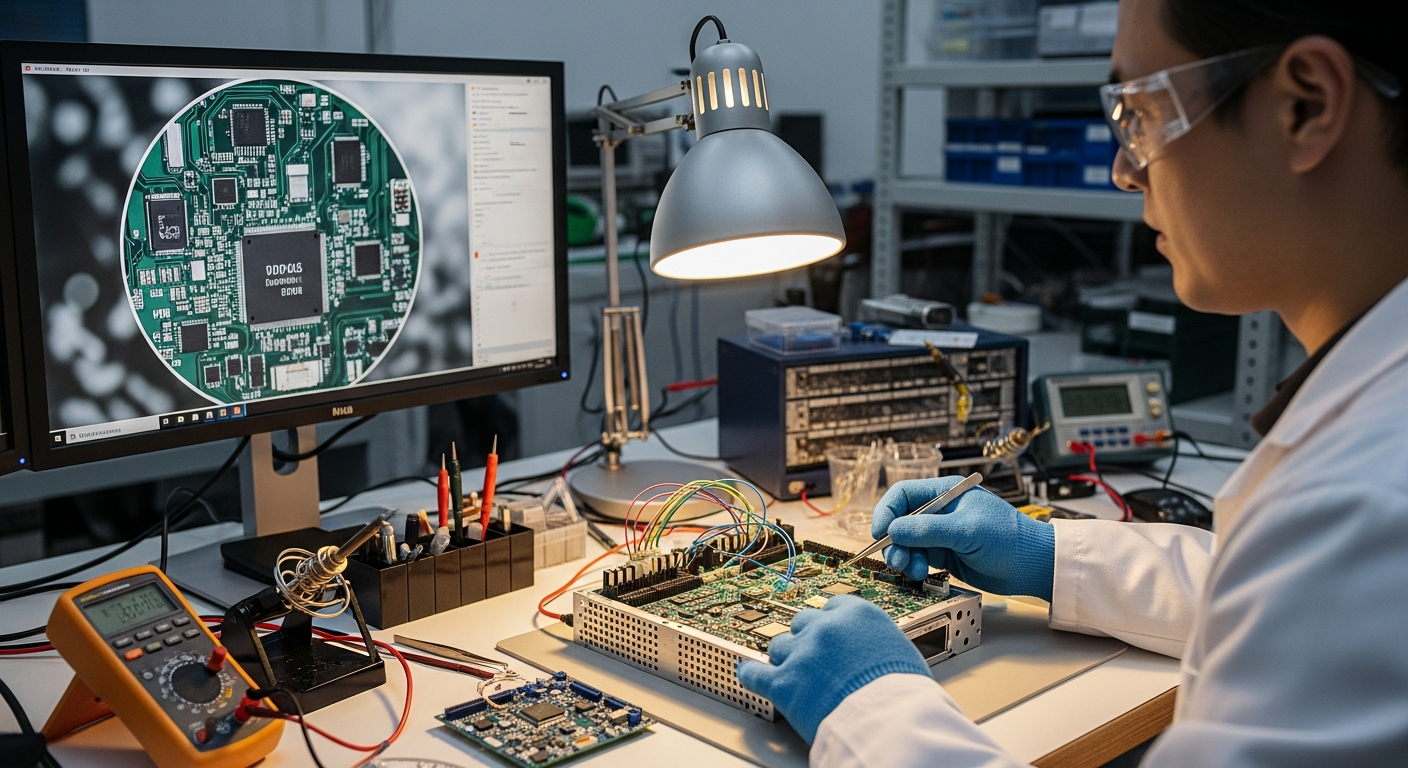Microlearning: The Future of Professional Development
Bite-sized education revolutionizes how we approach career growth and skill acquisition. This innovative learning strategy, known as microlearning, is transforming the landscape of professional development. By breaking down complex topics into digestible chunks, microlearning offers a flexible, efficient, and highly effective way for professionals to stay competitive in an ever-evolving job market.

Understanding the Science Behind Microlearning
The effectiveness of microlearning is rooted in cognitive science. Research shows that our brains are better at processing and retaining small pieces of information, especially when presented in a spaced-out manner. This concept, known as spaced repetition, enhances long-term memory retention. By leveraging these cognitive principles, microlearning enables professionals to absorb and apply new knowledge more efficiently than traditional learning methods.
Implementing Microlearning in Corporate Training
Many forward-thinking companies are integrating microlearning into their training programs with remarkable results. By replacing lengthy seminars with short, focused learning modules, organizations are seeing increased engagement and knowledge retention among employees. These bite-sized lessons can be easily accessed on-demand, allowing staff to learn at their own pace and convenience. This flexibility not only improves learning outcomes but also reduces the overall time and resources spent on training.
The Role of Technology in Microlearning
Advancements in technology have been instrumental in the widespread adoption of microlearning. Mobile devices and learning management systems (LMS) now offer platforms for delivering microlearning content in various formats, including videos, infographics, quizzes, and interactive simulations. This tech-driven approach caters to different learning styles and preferences, making education more accessible and engaging for a diverse workforce.
Microlearning and Skill Development in a Rapidly Changing Job Market
In an era where job roles are constantly evolving, microlearning provides a practical solution for continuous skill development. Professionals can quickly acquire new competencies or update existing ones without disrupting their work schedules. This agility in learning is particularly valuable in fields like technology, where staying current with the latest trends and tools is crucial for career advancement.
Challenges and Limitations of Microlearning
While microlearning offers numerous benefits, it’s not without its challenges. Critics argue that it may oversimplify complex topics or fail to provide a comprehensive understanding of certain subjects. Additionally, the self-directed nature of microlearning requires a high level of motivation and discipline from learners. Organizations implementing microlearning strategies must carefully balance these potential drawbacks with the overall benefits to ensure effective learning outcomes.
Designing Effective Microlearning Content
Creating impactful microlearning content requires a specific approach. Instructional designers must distill complex information into concise, engaging modules without losing essential context. Effective microlearning content is focused, action-oriented, and immediately applicable. It often incorporates elements of gamification or storytelling to enhance engagement and retention. The key is to create a learning experience that is both informative and enjoyable, encouraging learners to return for more.
Measuring the Impact of Microlearning on Professional Development
Assessing the effectiveness of microlearning initiatives is crucial for organizations investing in this approach. Key performance indicators may include completion rates, knowledge retention, application of learned skills, and overall employee satisfaction. Many companies are leveraging data analytics to track these metrics and refine their microlearning strategies continuously. This data-driven approach ensures that the learning content remains relevant and impactful.
The Future of Microlearning in Career Advancement
As the job market continues to evolve, microlearning is poised to play an increasingly important role in career development. Its adaptability makes it well-suited to address emerging skills gaps and support lifelong learning. We can expect to see more personalized microlearning experiences, powered by artificial intelligence, that adapt to individual learning styles and career goals. This tailored approach to professional development will empower individuals to take greater control of their career trajectories.
Conclusion: Embracing Microlearning for Professional Success
Microlearning represents a paradigm shift in how we approach professional development and education. Its ability to deliver targeted, efficient learning experiences aligns perfectly with the demands of modern careers. As professionals and organizations alike embrace this innovative approach, we’re likely to see a more agile, knowledgeable workforce better equipped to navigate the complexities of tomorrow’s job market. By harnessing the power of microlearning, individuals can ensure they remain competitive and relevant throughout their careers.






